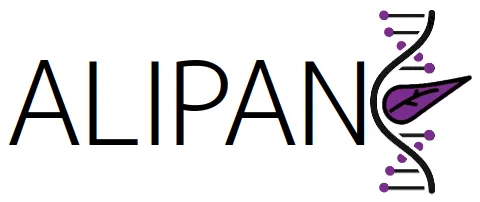The ‘Inflammation, Tissue Plasticity and Cancer’ group belongs to the Institute for Research in Biomedicine of Barcelona (IRB Barcelona). Initiated this year 2022, the group led by Dr. Direna Alonso-Curbelo studies the interaction between the genetic mutations that appear in (pre)malignant lesions and inflammation, in order to (i) understand how they alter the normal identity of cells and their environment to promote cancer, and (ii) understand how they alter the normal identity of cells and their environment to promote cancer. (ii) to develop strategies for early detection and more specific treatment. The group focuses its research on pancreatic and liver cancers and other diseases associated with inflammation.
With respect to pancreatic cancer, the laboratory seeks to determine the molecular, cellular and tissue factors that promote the initiation of pancreatic cancer, in order to find new molecular and cellular targets to prevent or block the action of “driver” mutations and risk factors (pancreatitis) of the disease. The main objectives are:
- To identify mechanisms of neoplastic transformation, with special attention to epigenetic heterogeneity among pre-tumor pancreatic cells and their evolution during tumor progression.
- Define activated epigenetic programs that contribute to tumor initiation and metastasis.
- To identify the interactions between tumor cells and the immune system responsible for inducing pro-tumorigenic inflammation and immune evasion.
- Development of new flexible in vivo models and functional genomics tools (CIRSPR/Cas, shRNA, lineage-tracing) to validate new molecular and cellular targets.
To achieve its objectives, the laboratory combines omics techniques including single cell analysis (eg Alonso-Curbelo et al. Nature 2021; Burdziak*, Alonso-Curbelo* et al., BioRxiv 2022); CRISPR/RNAi technologies, organoids and cell cultures; and innovative animal models that allow more flexible study of the interactions between the tumor and the environment in which it originates and progresses. The long-term goal is to identify new approaches to detect and intercept pancreatic cancer at earlier stages.


